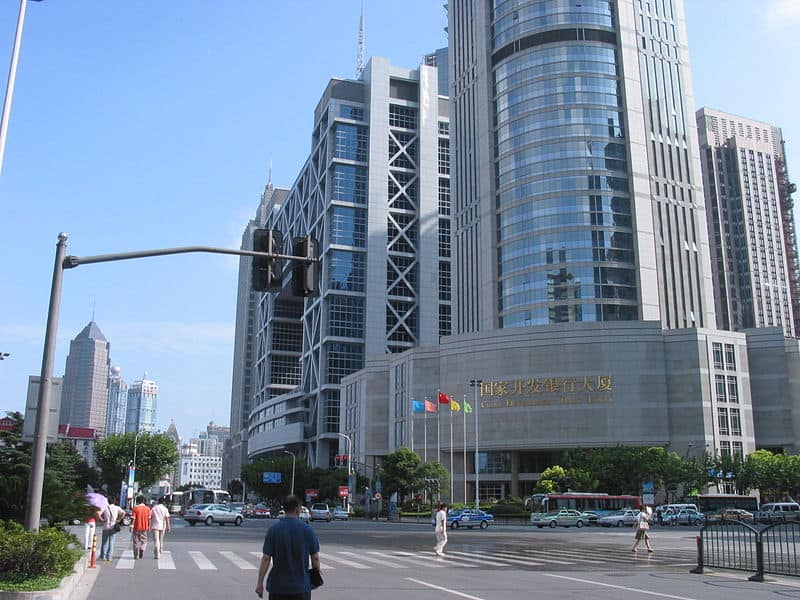The provision of monetary compensation to the displaced residents of Chinese shantytowns undergoing redevelopment is set to decline according to sources speaking to state-owned media, which will help to cool down housing markets in third and fourth-tier cities.
“In future the direct provision of monetary compensation for shantytown redevelopment, dismantling and relocation will greatly decrease,” said one source from the banking sector to Economic Information Daily.
According to recent reports the China Development Bank, the policy bank responsible for financing shantytown redevelopments, has already shifted approvals from local branches to its head office, as well as temporarily suspended the provision of funds due to concerns over local government debt levels.
Analysts say that the move was also prompted by concerns that the provision of monetary compensation instead of new homes to the displaced residents of shantytowns was serving to drive local housing prices higher.
China’s shantytown redevelopment program kicked off in earnest in 2014, with the goal of improving the living conditions of Chinese residents in rural or impoverished areas.
While the program initially involved the construction of new homes by local governments for allocation to shantytown residents, since 2015 monetary compensation has instead been provided, to be used by residents to purchase homes on the market.
Official data indicates that the percentage of households that received monetary compensation for shantytown redevelopment was just 9.0% in 2014, yet rose to 29.9% by 2015, and 48.5% by 2016.
Analysts expect a reduction in the provision of monetary compensation to displaced shantytown residents to have a major impact on local real estate markets by sapping them of demand.
Jiang Chao (姜超), macro-analyst from Haitong Securities, said that the provision of monetary compensation had served to “falsely inflate” nationwide real estate sales levels, while Zhang Dawei (张大伟), chief analyst for Centaline Securities, said that over the past several years housing markets in third and fourth-tier cities had come to “heavily depend” upon monetary compensation provided for shantytown redevelopment.
According to Zhang monetary compensation serve to unleash a huge volume of demand for housing, by abruptly increasing the number of Chinese households that had cash available on hand for property purchases.
Yin Zhongli (尹中立), chair of the Real Estate Research Center at the Finance Department of the Chinese Academy of Social Sciences, said that the provision of monetary compensation for shantytown redevelopment had “greatly increased the home purchasing capability and living standards of residents,” yet also brought “risk and hidden dangers to macro-economic stability and financial stability by spurring demand.”
According to Yin the large-scale provision of monetary compensation had not only incentivised households to recklessly increase their leverage, it had also spurred real estate developers to “blindly expand” into third and fourth-tier cities.
“The ready provision of compensation sums of up to 10 million yuan not only greatly increased capital for home purchases, it also brought a significant number of social problems.”
Related stories
China Suspends Funding for Shantytown Overhauls Due to Debt and Property Price Concerns


